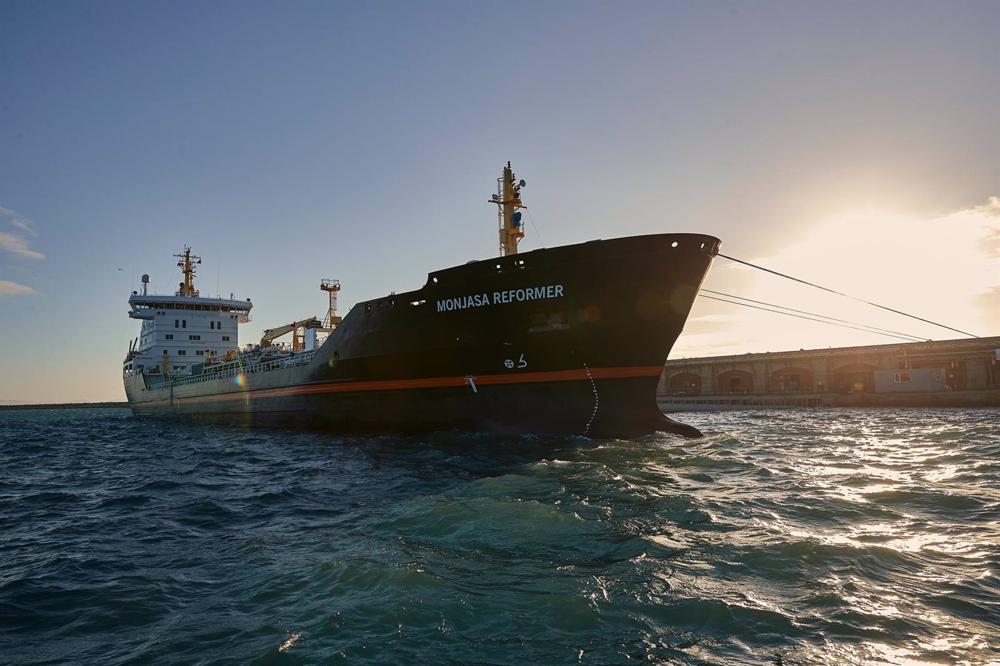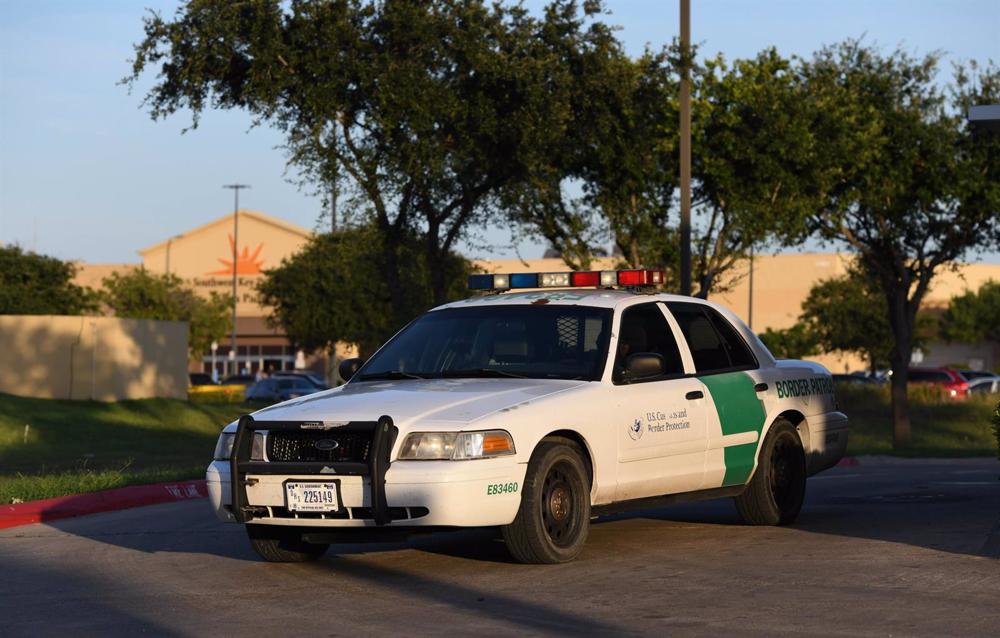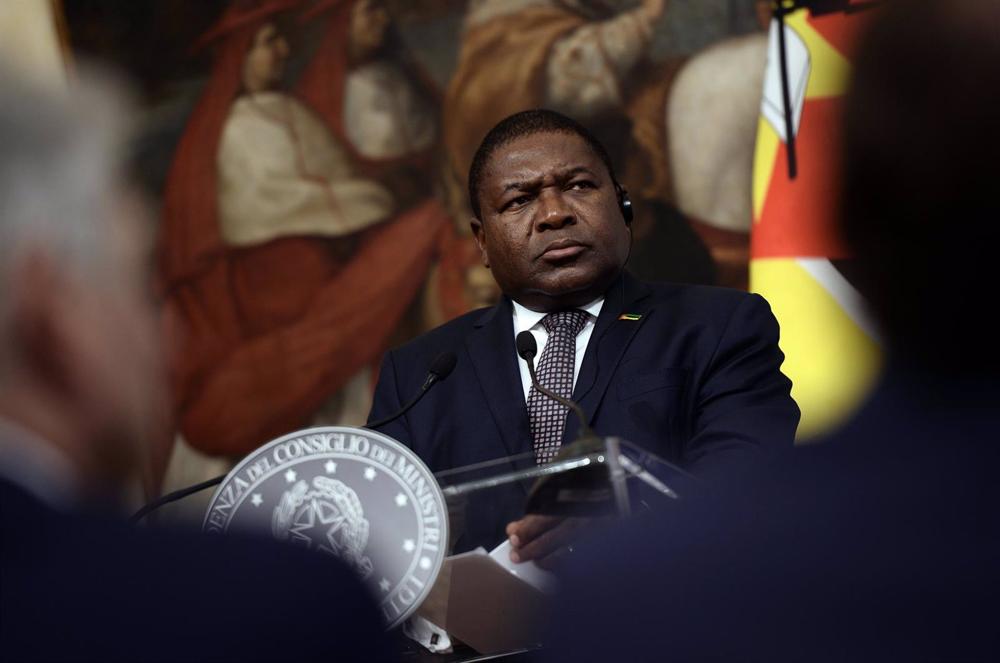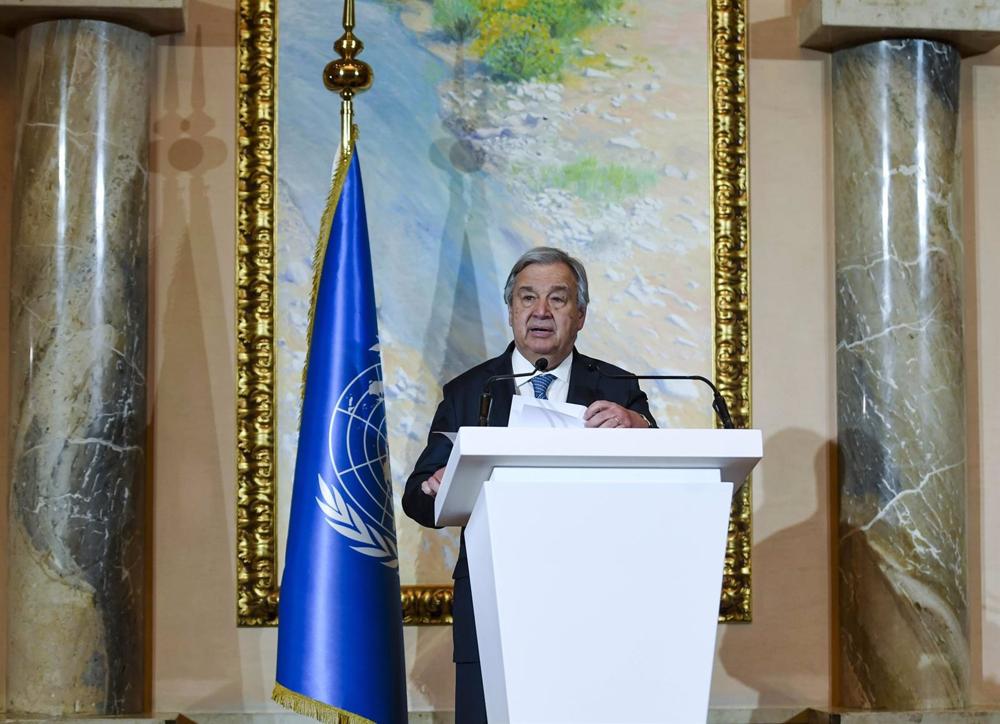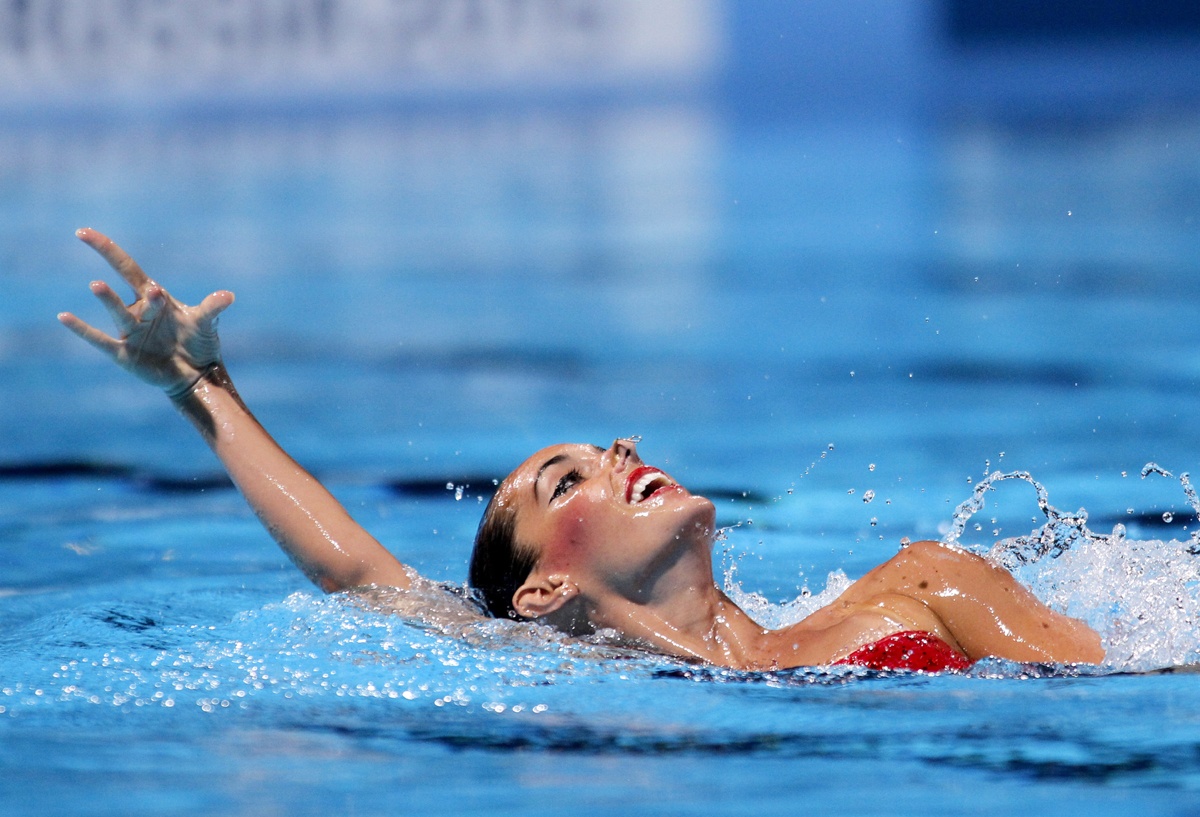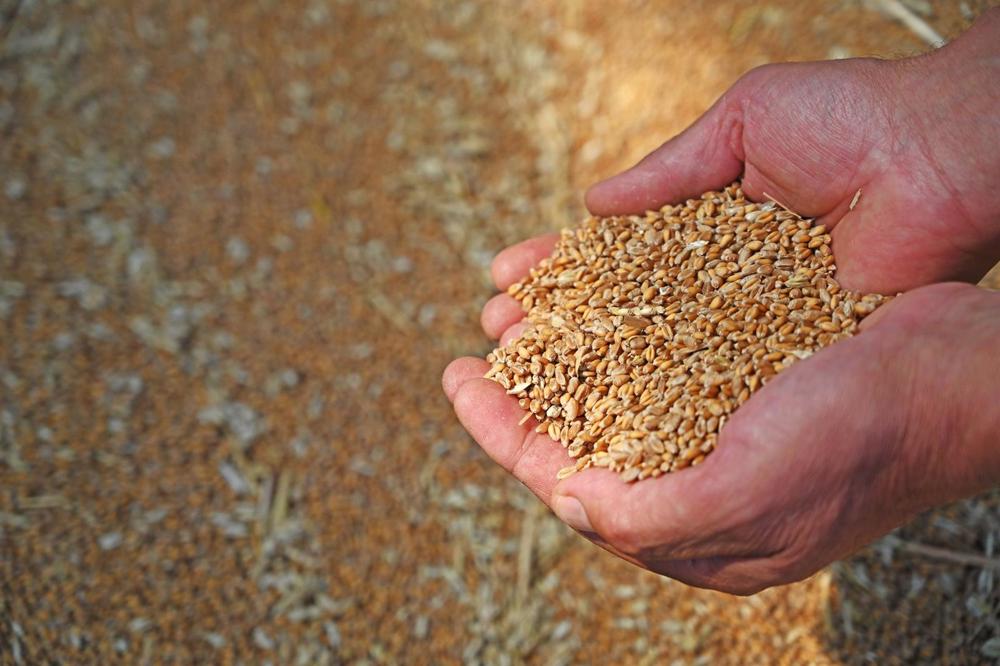
European Union (EU) agriculture ministers on Monday asked the European Commission to study possible measures to help member states that have been most affected by the «excess» of agricultural and livestock imports from Ukraine, especially neighboring countries.
This was stated at a joint press conference at the end of the meeting by the Swedish Minister for Rural Affairs, who holds the rotating presidency of the Council, Peter Kullgren, in what was his first meeting as president, and the Commissioner for Agriculture, Janusz Wojciechowski.
However, Wojciechowski clarified that no delegation was in favor of introducing restrictions on imports from Ukraine, but rather of supporting the agricultural community in neighboring countries, such as Poland, through a set of measures, among which he mentioned, for example, temporary storage or the activation of the Agricultural Reserve fund.
According to the Commissioner, this is the most «sensitive» issue dealt with today by the ministers, who have noted the «success» of the solidarity corridors initiative, especially at the beginning of Russia’s aggression against Ukraine, since it has generated an increase in products from Ukraine, such as wheat, rapeseed, corn or poultry.
In fact, he has stressed that wheat imports have increased from 287,000 tons in 2021 to almost 2.9 million in 2022 as a result of the «absolute success» of the corridors, but the counterpart is that this has generated a «difficult» situation for farmers in neighboring Member States to sell their own production.
«It is clear that we are not going to leave our farmers alone in the face of excess exports from Ukraine, so measures have to be taken,» explained Wojciechowski, who clarified that these would have a «transitory» character given that «the way the war is going,» it is expected that there will be a reduction in agricultural production in Ukraine.
TRANSPORT OF LIVE ANIMALS Another of the main points of discussion on Monday was the revision of the legislation on animal transport at the request of the Portuguese delegation, supported by Spain, France, Ireland, Romania, Hungary, Greece, Latvia, Estonia and Lithuania, and which clashes with the position of the bloc made up of Germany, Belgium, Denmark, the Netherlands and Sweden, which are demanding a ban on certain live animal exports to third countries on long journeys by road and sea.
«We believe that processes should be improved to ensure animal welfare and, only in very justified and exceptional situations, prohibit the movement of animals,» said the Minister of Agriculture, Fisheries and Food, Luis Planas, during his speech in the public debate on Monday.
The Portuguese proposal raises as a «key improvement» a technological solution at EU level for logbooks and satellite navigation systems, available for viewing, in real time, by the competent authorities of the Member States of departure, transit and destination, but also raises, whenever possible, the Portuguese text advocates seeking alternatives to the transport of live animals, such as the transport of meat or genetic material.
The ministers will now have to wait for a proposal for a revision of the directive by the Commission, which is expected to arrive by autumn 2023, before they can take a decision on the matter.
Finally, they have agreed to establish, together with their counterparts in Environment, a series of negotiations to address the impact that the directive on industrial emissions may have on livestock farms, in which countries like Spain ask that the type of farm be taken into account in addition to the number of heads, whose limit is set at 150 and which Planas also sees as «excessively low».
Source: (EUROPA PRESS)
